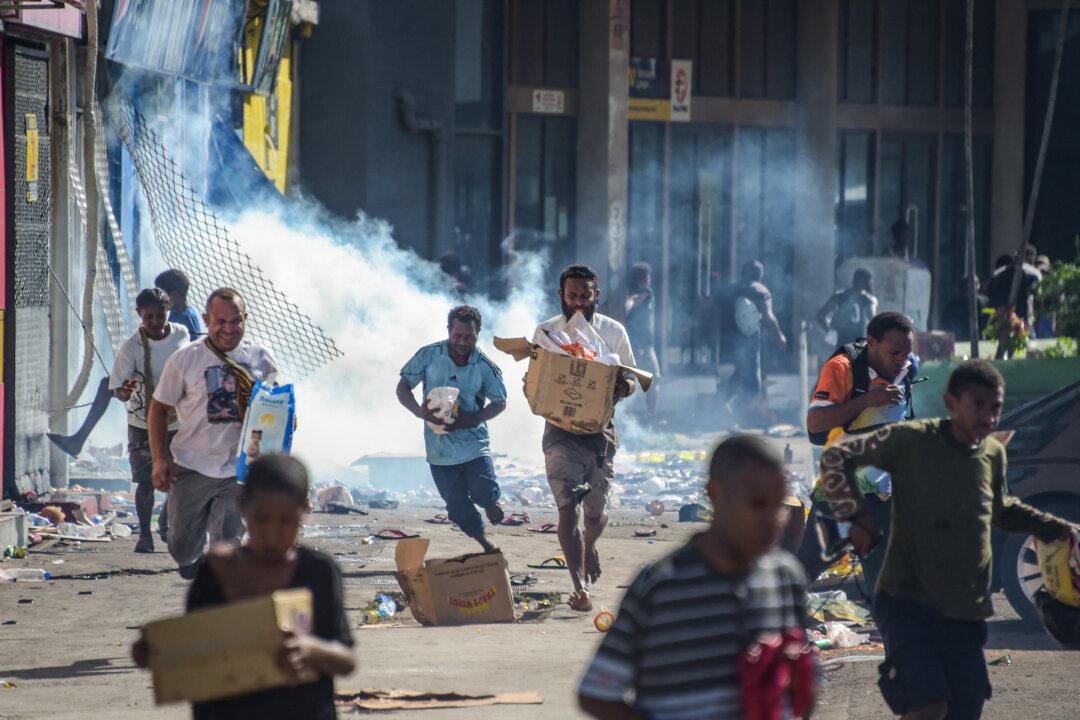The Papua New Guinea (PNG) government has revealed that it is currently in early talks with the Chinese communist regime over a security agreement, just one month after signing a “historic” $200 million (US$132 million) deal with Australia.
On Jan. 29, PNG Foreign Minister Justin Tkachenko dropped the bombshell announcement when he said his government was considering an offer by the communist regime to provide PNG’s police force with training, equipment, and surveillance technology.





